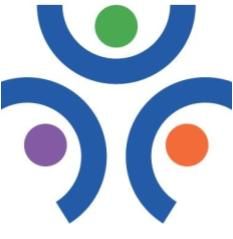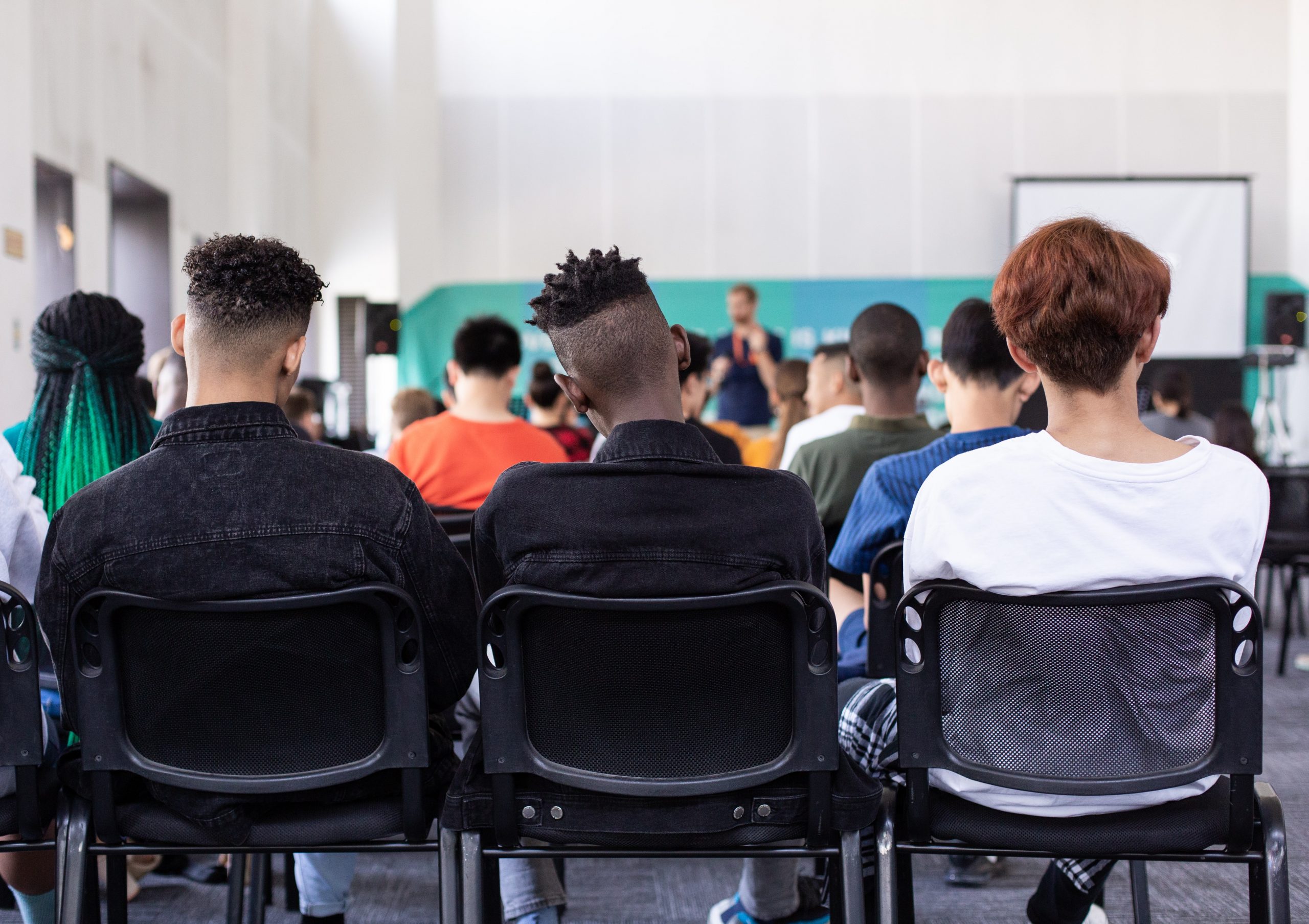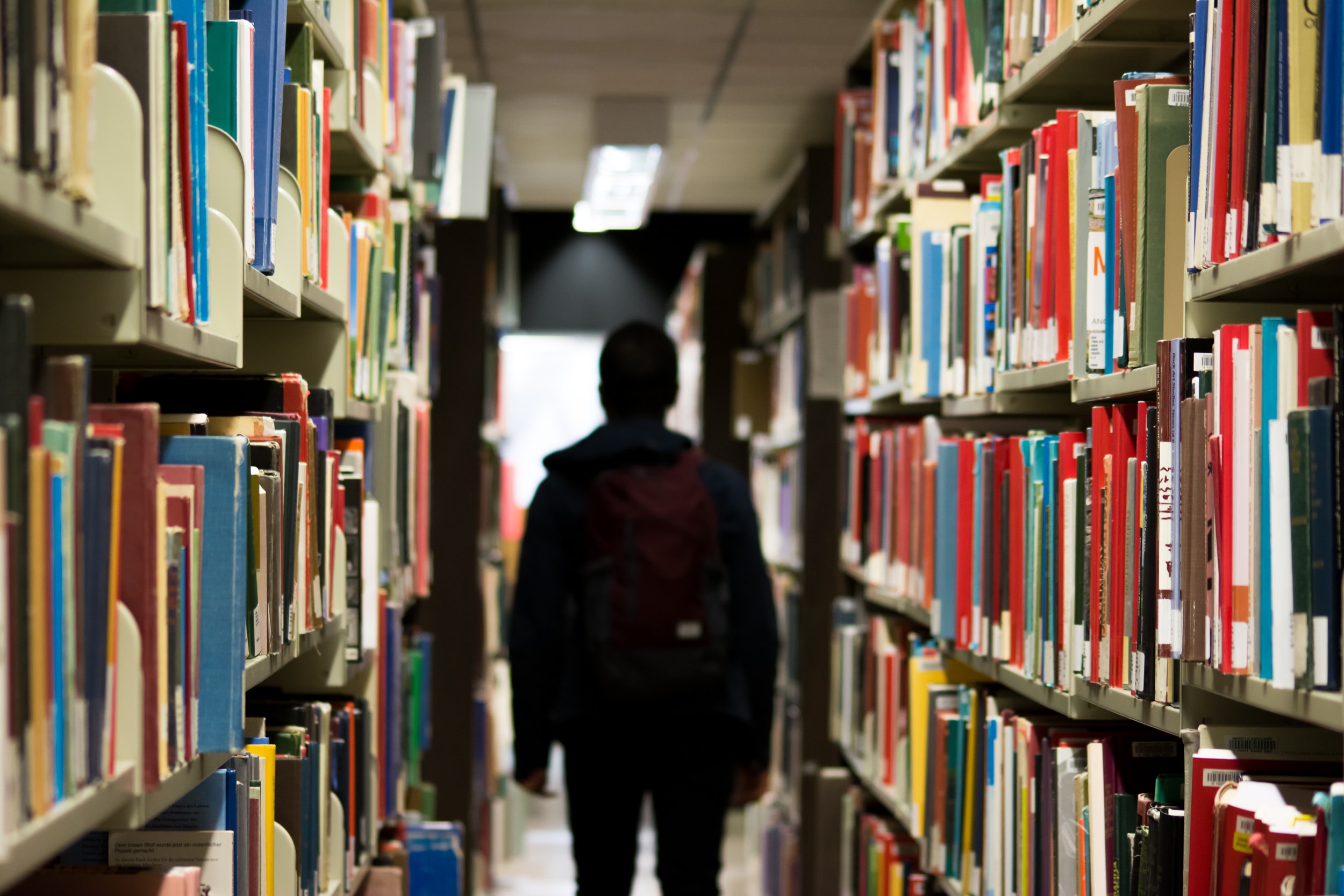Over the last several decades, the increased understanding of neurodiversity and decreased stigmatization of learning disabilities have offered students more autonomy to control their own academic and professional success.
Alternative schools, IEPs, and other non-traditional paths forward have become more normalized—and the past years of on-and-off remote education during the pandemic has only further emphasized just how unique every individual student’s learning style is.
Why Students Need a Say in Their Own Success
It is quite frankly disrespectful to expect educators, clinicians, and parents to have complete control over a students’ academic future. Special education provides a pathway to success for students with learning disabilities ranging from ADD to dyslexia to audio processing issues. Still, despite their challenges, we have seen time and time again that these students are not victims of their circumstances.
When they are empowered to have a say in their academic life, they are more likely to excel. One way we help to give our students a voice at Lake Michigan Academy is by allowing them to express their concerns, struggles, and preferences. Teachers help them to customize their IEPs and provide extra guidance when they’re having trouble.
Student-directed IEPs have been proven to be effective at enabling students to reach their highest potential. With a dedicated and compassionate special education teacher and parents guiding students with different learning capabilities, they can very much pull through, thriving academically and progressing into post-secondary education if they wish.
Learning Guilt and Negative Impacts on Mental Health
Learning guilt, unfortunately, is a very real problem for students with ADD symptoms and other challenges. In traditional public and private schools, it is not uncommon for students to feel frustrated and angry with themselves when they fail to achieve high grades.
Coupled with bullying from students, pressure from teachers without a background in special education, and the ongoing collective trauma of the pandemic, it is no surprise that most students with learning disabilities suffer comorbid mental health issues. 54% of individuals with a neurodevelopmental disorder or learning disability also have a mental health diagnosis.
With the lingering challenges of remote learning, pandemic fatigue, and loneliness, it has never been more critical to get students on the right path. There is a brighter future ahead, and it is possible for any student to excel academically, given they are provided the right tools. Student-directed IEPs are only one way we help empower our full-time students at Lake Michigan Academy.






